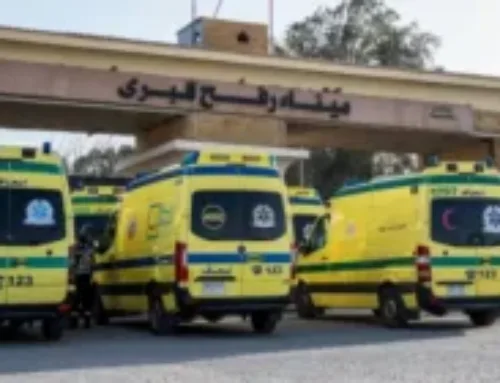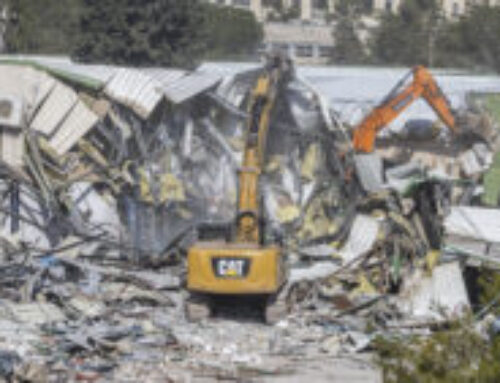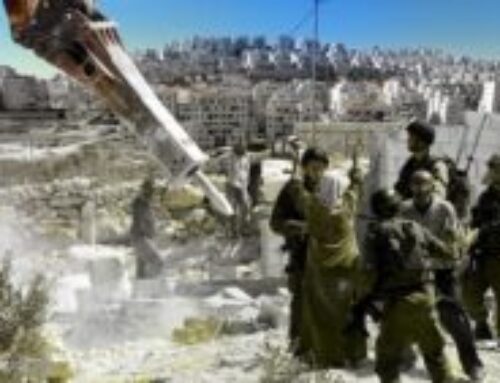In Gaza, war does not end when the bombing stops, nor does life pause at the edge of pain. From beneath the rubble, beginnings are born; from deep wounds, new chapters of perseverance are written. The city that has faced death a thousand times still knows how to celebrate life — in its own quiet way, tempered with patience and dignity. In its streets, brides walk with steady steps between destroyed homes — not to defy sorrow, but to affirm that joy remains an authentic Palestinian right, and that marriage in Gaza is not a fleeting occasion, but a new declaration of survival in the face of annihilation and absence.
A Wedding in a City Dressed in Black
Amid streets filled with the rubble of homes, a bride walks in a white dress — as if proclaiming life in the face of death. No car procession, no loud music, no songs filling the sky as before. The scene is simple, silent, yet profound. Every smile here is an act of defiance against grief; every step toward the small hall is a step against destruction.
Mohammed Awad, a young man from Gaza who married only days after the war ended, recounts with composed sorrow: “I couldn’t celebrate like others. My neighbors lost their children, and the whole area is still grieving. I just held a small gathering for my family, no music, no noise… what matters is starting a new life, not forgetting those we have lost.” His words reflect the state of Gaza’s people — a joy laced with tears, happiness shadowed by fear of colliding with walls of pain.
Modest Joy in a Time of Loss
After two years of genocide, marriage in Gaza is no longer a loud celebration, but a symbolic act affirming that life is still possible. Weddings that once lasted for nights have become brief family gatherings where coffee is served quietly, and songs are replaced with soft hymns. How can joy be loud when every home stands beside another that has lost its children?
Social expert Abdullah Mahmoud explains that this transformation is natural in a society living through collective mourning: “The traditions of joy have changed because they no longer fit the public mood. Even the meaning of happiness has become humbler. Weddings today are held as social duty, not festive ritual.”
From the Ashes of War, Life is Reborn
Yet amid the collective grief, small stories of hope are born — shy celebrations in a city exhausted by war. Bride Israa Abu Diya says with a tired smile: “We don’t want to live in ruins. We want to move on. Joy has become a national stance, not just a personal occasion.” In her words, Israa captures Gaza’s philosophy of life: joy is not an escape from death, but a response to it. To hold a wedding among the ruins is to choose life despite everything that calls for surrender.
Gaza… A City that Reinvents Hope
At night, as you walk through Gaza’s old neighborhoods, you may hear faint ululations rising from a shattered home — quieter than before, but warmer, truer. These are the sounds of joy declaring to the world that this city, which has faced death countless times, is still capable of love.
Today, Gaza writes a new chapter in its long story — a story that teaches the world that victory is not measured by the number of battles won, but by the heart’s ability to rise from the ashes. Here, every small wedding is a declaration of survival, and every shy laughter is an act of resistance spoken in a gentle voice.





